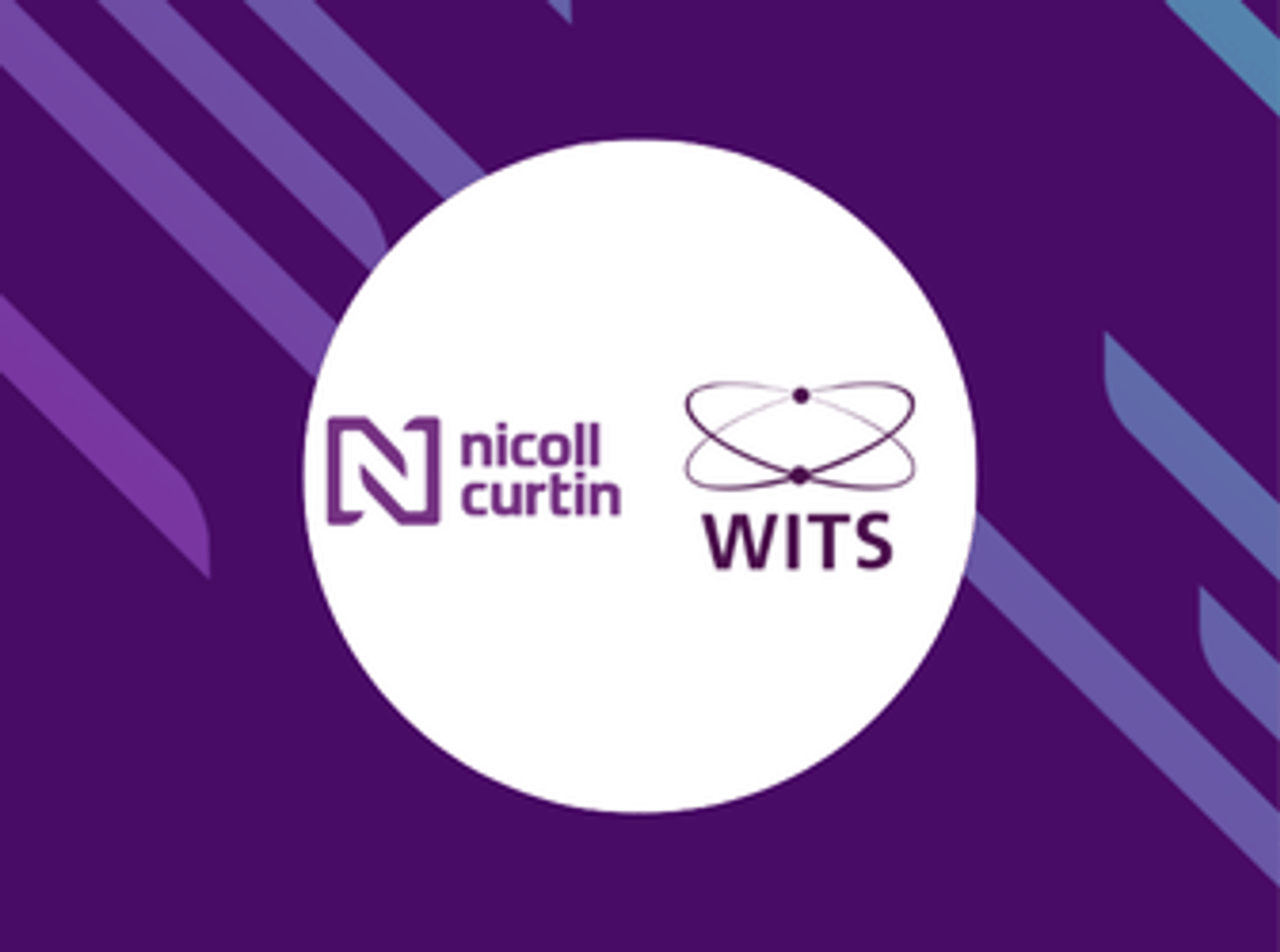Transformation initiatives succeed when technology companies bring together individuals with different backgrounds, experiences, and skills to drive change. With global spending on digital transformation expected to reach nearly $4 trillion by 2027, building teams that bring together technical expertise, functional knowledge, and complementary strengths is essential. Together, these qualities create groups that are innovative, adaptable, and effective.
Diversity goes beyond gender or ethnicity, encompassing professional experience, problem-solving approaches, and ways of thinking. By blending these perspectives and promoting inclusion in change management, organisations can foster creativity and improve decision-making. This approach also helps overcome resistance to digital transformation, ensuring projects are embraced across the business.
Here are 6 benefits of diverse transformation teams.
1. Accelerated problem-solving and innovation
When a Cloud Engineer works alongside a UX Designer and a Data Analyst, the outcome can be a user-friendly analytics dashboard, an automated workflow, or a predictive maintenance tool. Diverse groups that combine these disciplines tackle challenges from multiple angles, generating more creative outcomes. Companies can achieve these results by organising cross-functional brainstorming sessions, hackathons, or design sprints, encouraging tech professionals from different disciplines to collaborate on real projects that directly impact efficiency, user experience, and business performance.
2. Improved adaptability to change
Transformational work like AI adoption or cloud migration often evolves rapidly and requires flexible, multi-skilled units to pivot quickly. Diverse teams, including Process Engineers, Product Owners, Data Scientists, and Change Consultants, bring varied perspectives that enable faster, informed decision-making. For example, when implementing an AI-powered customer support chatbot, Data Scientists design predictive algorithms, UX Designers ensure an intuitive interface, and Change Consultants prepare staff for new workflows.
Businesses can support adaptability through agile sprints, cross-team check-ins, and scenario planning workshops to test features, share insights, and anticipate changes.
3. Enhanced collaboration and communication
Strong interpersonal skills are just as important as technical expertise when teams work across functions. A Cyber Security Specialist working alongside a Marketing Analyst can turn complex security requirements into clear, actionable guidance for non-technical teams. By practising active listening, communicating clearly, and translating technical concepts for different audiences, teams collaborate more effectively and deliver meaningful impact across the organisation. Companies can support this by using collaborative platforms like Miro or Jira, and running structured knowledge-sharing sessions to ensure information flows smoothly across the organisation.
4. Better alignment with business objectives
Diverse transformation teams that bridge technical execution and strategic goals drive better project outcomes. Combining roles such as Data Engineers, Finance Analysts, Product Managers, and Business Strategists helps align efforts with priorities like revenue growth, operational efficiency, or customer experience. To clarify contributions, organisations can map each member’s skills to specific business objectives or establish joint OKRs (Objectives and Key Results) . These groups can also tackle projects such as predictive sales analytics or customer journey optimisation, ensuring technology initiatives directly advance organisational goals.
5. Stronger long-term growth and sustainability
For transformation efforts to succeed, it’s crucial for workforces to be prepared to evolve and maintain momentum over time. Bringing together Product Managers, IT Operations Experts, and Learning & Development Specialists allows for managing projects like large-scale system upgrades, process automation, or AI deployment while building internal capabilities. Companies can strengthen sustainability by creating knowledge-sharing networks, rotating staff members across projects, and offering targeted skill development programmes, ensuring professionals remain adaptable, resilient, and able to drive continuous improvement.
6. Attraction and retention of top talent
Showcasing success stories, offering development opportunities, and embedding inclusive career progression attract tech talent eager to work in supportive, dynamic environments. Additionally, working with a global technology recruitment company can help organisations build teams with the right experience and complementary skills, supporting long-term success and future-proofing transformation efforts.









